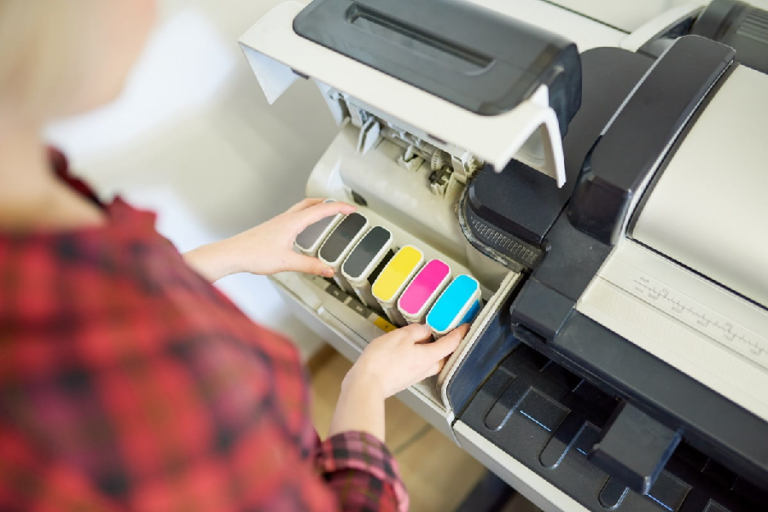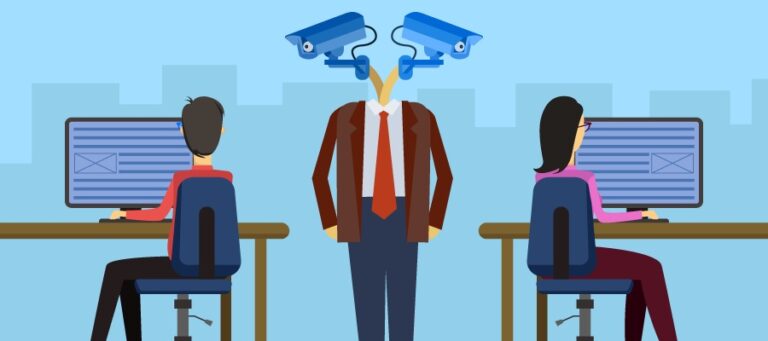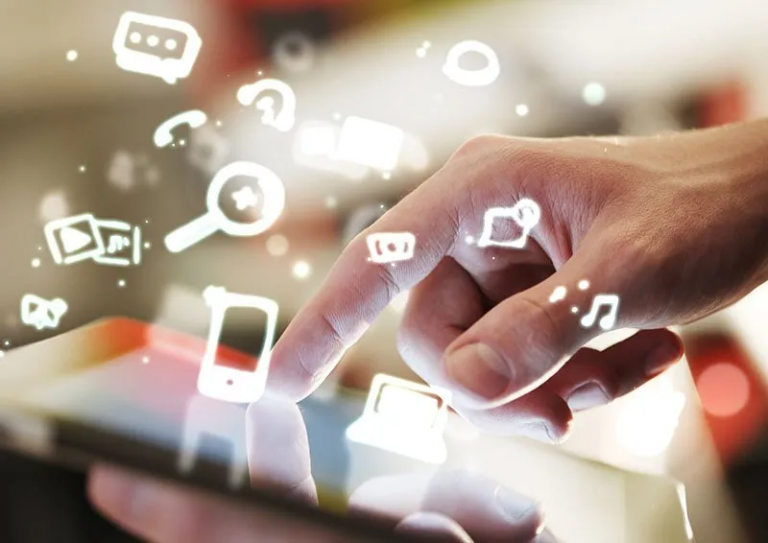The Internet of Things (IoT) solutions is fast gaining in popularity across the globe. These connected solutions provide smart usage of resources transforming farming into a tech-savvy process every farmer should get ready for. This white paper on IoT-based Smart Farming offers you more information on how these solutions help farmers monitor and gain control over their farming operations. Agri IoT based on IoT technology enables farmers to capture and monitor data at every possible step in the farming process. Data collected enables smart farming thus reducing the cost of cultivation and boosting production.
IoT is the latest wave in the technology sector making it ‘Smart’ or in this case, ‘Smarter.’ Smarter Farming systems are set to improve farm productivity by automating various tasks and enabling timely decision-making. Utilizing advanced sensors, monitoring gauges, and other IoT devices, a smart farming system will be able to monitor the growth of plants continuously. This results in ensuring their well-being, along with optimizing their growth.
Smart farming can be a future with the Internet of things in agriculture. I will explain in this article what we need to implement a smart farmer.
This presentation gives a brief overview of IoT-based smart farming, the possible revolution in agriculture. IoT Based Smart Farming: The Internet of Things (IoT) is enabling faster and more affordable automation in practically every industry; these advances are facilitating smart farms and improving their productivity. In this article, we review the implications of IoT on smart farms and discuss how farmers can benefit from this technology.
With the advent of the fourth industrial revolution and the Internet of Things (IoT), communication with machines is no longer a novelty. Today, billions of people not only communicate with each other but also with their everyday objects thanks to the IoT. Automation integration in modern farms is not only considered beneficial; it has become a standard part of the business. Controlling machines and technologies remotely allows owners to efficiently manage their businesses. It enables them to modify certain procedures or uncover problems using specialized software rather than traveling to the site themselves and investigating manually.
Smart farming is the next big thing in agriculture. As the world’s population increases, the changing climate becomes harder to manage and scarcity of resources is causing serious concerns. Traditional farming practices, like cattle raising for beef or growing grains for human consumption, are not sustainable. The agricultural industry is seeing a massive shift towards growing vegetables and fruits indoors in greenhouses due to the depletion of natural resources. A smart farm combines the use of advanced technology, IoT, cloud computing, and real-time analytics to increase crop production by tracking and managing data on several parameters such as soil fertility, moisture, weather conditions, and usage of fertilizers in a unified manner.
The world has a population of 7 billion and food production is increasing within the year. There will be a need to have 24-hour availability of information. Agriculture, healthcare, and education markets are key components to implement such technologies. The ioT-based smart farming solution provides crop and soil health monitoring along with yield forecasting for improved guidance for feeding and irrigation. This solution allows an overall reduction in usage of fertilizers/pesticides thereby lessening the impact on the environment. The global market for internet of things solutions is expected to reach $1.27 trillion by 2021. IoT-based Smart Farming is one of the most promising applications for this platform, which could be a significant growth segment for the associated industries.
Overview of IoT (Internet of Things) based smart farming solutions and their benefits.
The IoT-based Smart Farming solutions can efficiently and integrally solve the following problems of farming. IoT-based Smart Farming Solution using IoT River Platform is a complete solution for Smart Agriculture. This IoT platform acts as a diagnostic and analytical tool for the farmer. It helps the farmer with crop production, Crop Protection, Fertilisation, Crop harvesting, and Post-harvest management of the crop. Also, service providers can take benefit from this Platform and provide services like Food safety analysis, quality analysis, soil testing, etc.
This article provides the reader with a general overview of IoT-based smart farming solutions. Several different case studies are discussed in depth that exemplifies several different IoT use cases. The post will explore the solution’s architecture and its benefits in terms of cost-saving, efficiency, and environmental friendliness. Farmers are known for being innovators, using technology to find ways to do more with less. By combining the flexibility and open platform of internet of things IoT solutions, with the distributed nature and scalability of blockchain technology, they can now use data available to them to improve their business and work more efficiently.
Internet of Things (IoT) is an emerging field that studies the extension of IoT. It is an interdisciplinary and cross-domain technology model that emphasizes the need to be aware of various conditions and to react to them, in addition to the traditional telemetry-based approach. In this paper, a high-level abstract model is presented for smart farming, which consists of IoT components. This model can be implemented and further developed by researchers, industrialists, academic members, and so on.
Farmers are already embracing the Internet of Things (IoT) for quick and accurate weather forecasts, which help farmers take timely precautionary measures to avoid crop loss. IoT agriculture tracking devices can also remotely monitor soil nutrients and pesticide levels, helping farmers make informed decisions about their farming practices. Farmers can also tap into cloud-based systems that manage irrigation using input from water sources such as lakes, rivers, and wells. In this way, they can use IoT to manage their water efficiently without having to manually check each one in their area. IoT-based smart farming is the future of agriculture and can help improve profitability and efficiency on the farm. Our courses include an overview of the drivers that are moving us forward in smart farming education, technical topics on using IoT in farming, applying data-driven practices to maximize profits, and more.
The IoT (Internet of things) era has just begun but the possibilities are limitless. As a part of this revolution, Agriculture is the most important sector that has adopted IoT technology to manage its operations and create a better future. With IoT farming solutions connecting all the electric gadgets, such as substation, water pump control systems, Mckensy pump station control system, relays switches, sensors, etc will lead to an economic farming industry. The IoT-based smart farming system will provide the solution for interconnected devices of farming. We developed a unified platform of IoT solution, which solves the problem of data and connects to farmer information systems.
The rapidly growing trend of the Internet of Things is making farming more profitable than ever. The secrets to creating a smart farm are rooted deep in collecting and analyzing data to find the best ways to handle the farm’s produce. In this paper, we look at the possibilities and challenges involved in smart farming, as well as some of the most innovative solutions.
The internet of things (IoT) is a rapidly growing interconnection of personal devices, homes, and smart machinery that are embedded with electronics, software, sensors, and network connectivity which enable these objects to connect and collect or exchange data. IoT specifically targets environments that lend themselves to automation such as smart cities, manufacturing plants, smart homes, and remote health monitoring.
Smart farming is a concept that includes the interconnection of field-level crop production with the farmer’s operation. This system encompasses all levels of crop production ranging from soil to plant, plant to post-harvest, and post-harvest to sale. The smart farming sector requires multiple advancements; these include wireless sensors, smart irrigation systems, and most importantly connected field-level monitoring devices such as drones and cameras.
The Internet of Things (IoT) has been suggested as an idea to connect the physical world with the cyber world. IoT is an integrated network of smart devices that can automate things based on the information provided in these smart devices. Smart farming is the integrated application of information and communication technologies (ICTs) that help reduce the negative impact of farming on the natural environment and increase farmers’









